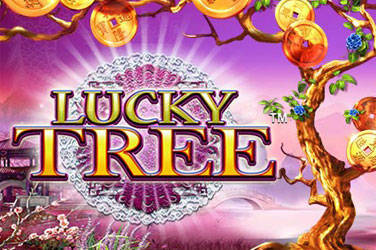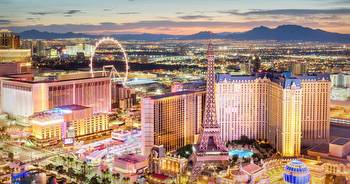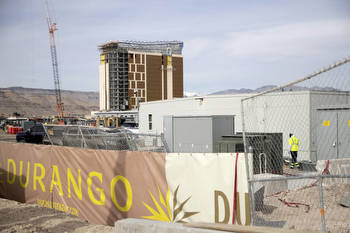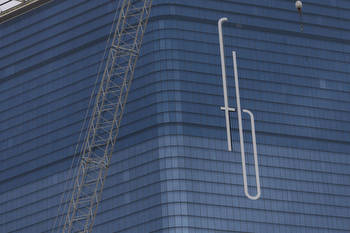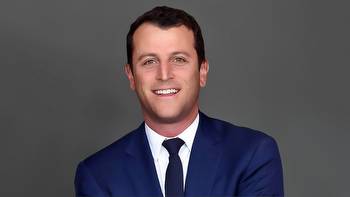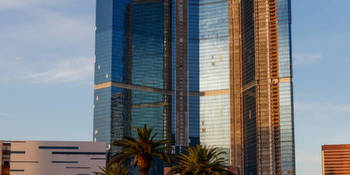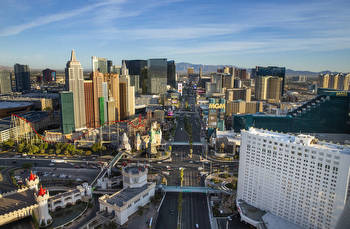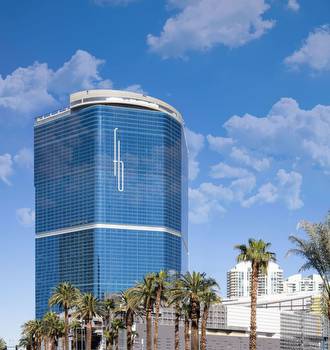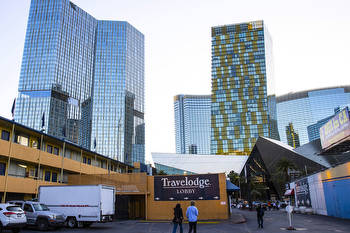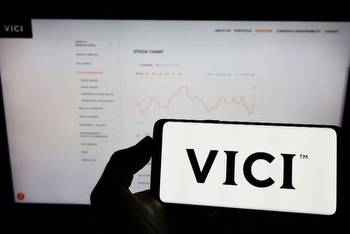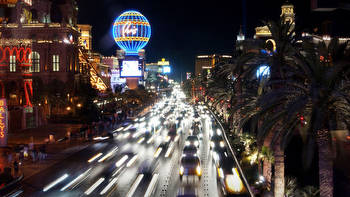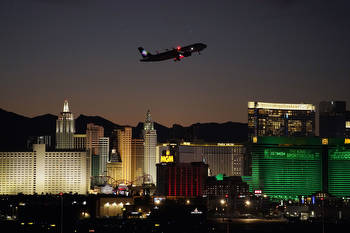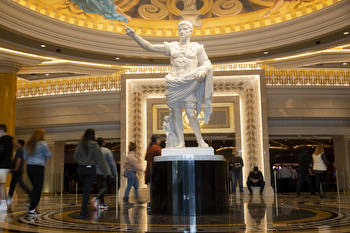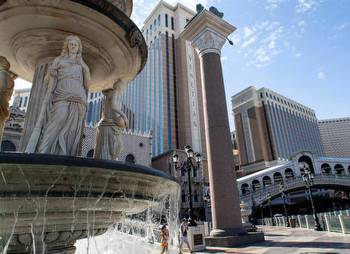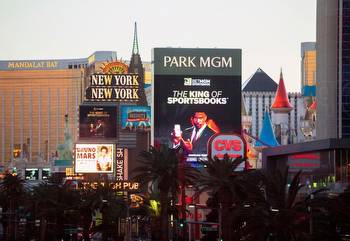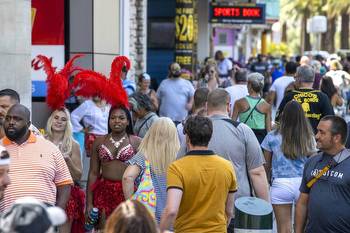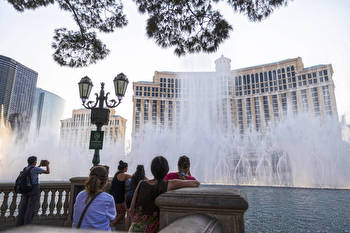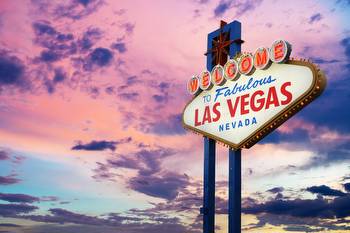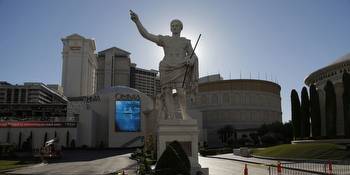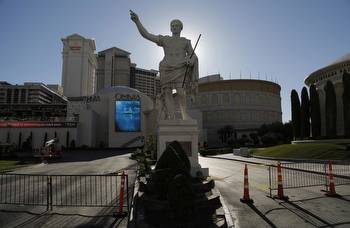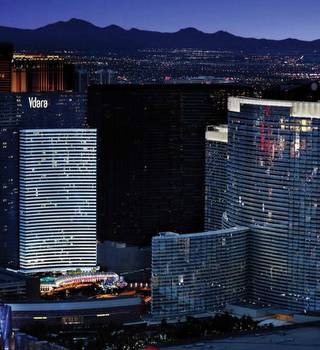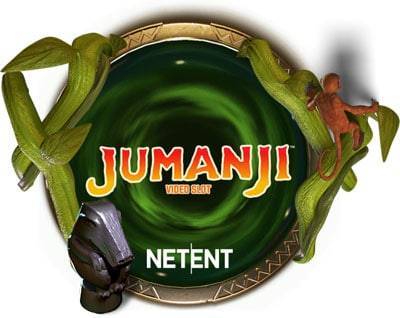Casino landlord Vici Properties’ top boss open to more deals in Las Vegas

Tourists who fill Las Vegas Boulevard’s massive resorts to eat, gamble and party, never see the name Vici Properties.
But the casino landlord rakes in a fortune from the Strip.
New York-based Vici, the biggest property owner in Las Vegas’ famed casino corridor, owns Caesars Palace, MGM Grand, Mandalay Bay, The Venetian, The Mirage and other huge hotel-casinos along Las Vegas Boulevard. It doesn’t operate any resorts here but collects rent from companies that do, including MGM Resorts International, Caesars Entertainment Inc. and Hard Rock International.
All told, Vici’s portfolio spans dozens of properties in the U.S. and Canada, with around 660 acres along Las Vegas Boulevard. The company generated $2.6 billion in revenue last year and said about 45 percent of the haul stemmed from the Strip.
Vici isn’t the only big landlord on Las Vegas Boulevard. Financial giant Blackstone purchased Bellagio, Aria and Vdara from MGM Resorts for more than $8 billion combined in recent years and leased them back to the casino chain for hundreds of millions of dollars annually.
Vici, however, was only launched in 2017, as a spinoff from Caesars, and has vastly expanded its footprint through high-priced transactions.
It acquired MGM Resorts’ real estate spinoff, often called MGP, in a $17.2 billion buyout. It also acquired The Venetian, Palazzo and former Sands Expo and Convention Center from casino operator Las Vegas Sands Corp. as part of a $6.25 billion transaction. Both deals closed last year.
Vici also took full ownership of MGM Grand and Mandalay Bay in January, acquiring Blackstone’s stake in those properties for almost $1.3 billion in cash and the assumption of nearly $1.5 billion in debt.
And Vici announced this past December it was providing up to $350 million — part of a $2.2 billion construction loan from multiple lenders — for Fontainebleau Las Vegas, a long-planned megaresort being built by Florida developer Jeffrey Soffer and Kansas conglomerate Koch Industries’ real estate wing.
Vici CEO Ed Pitoniak spoke with the Review-Journal last month about the company’s interest in the Fontainebleau and his thoughts about the Strip. This interview has been edited for length and clarity.
Review-Journal: One thing I wanted to talk with you about is how fast the company has grown, especially in Las Vegas with the Sands and MGP buyouts. Going into those two acquisitions, what did the Strip’s real estate market look like?
Pitoniak: If you’re going to understand my view on the Las Vegas Strip, let me just give you a little bit of biographical background. I was editor-in-chief of Ski magazine and then got into ski resort operations in ’96. Moved my family to Whistler, British Columbia. I got chosen to be CEO of a hotel REIT in 2004; we sold that in 2007. I ran a hotel REIT again, we sold that. I also spent some time in real estate private equity. When I came to Vici in 2017, I came with experience at having seen what kind of value can get created when you bring a real estate asset class that has previously not been understood by institutional capital. I came to gaming real estate with no gaming experience — zero, none. But I think I know good real estate when I see it.
How did the record-low interest rates of 2021 factor into what ended up being an enormous growth spurt for Vici?
It was obviously an aiding factor, but I’m not sure it was a precipitating factor because in both the case of The Venetian and MGP we bought what came for sale. The low interest rates helped us buy what was for sale. The precipitating factor was obviously the decisions of Las Vegas Sands and MGM to make a decision to sell. Now the degree to which the interest rate environment led them to think now’s a good time to sell, you’d have to ask them. But honestly, I think their reasons to sell — and I really shouldn’t speak for them, so take this with a grain of salt — were more specific to their business situations.
With a sale-leaseback, the seller gets an enormous amount of money upfront to expand, pay down debt, issue dividends, and at the same time, they’re locked into long, high-priced leases. As a buyer, what do you see as the pros, cons and risks that come with these sale-leasebacks?
You take our capital we provide through a sale-leaseback, and if you look at the cost of that capital, it is in many cases the most attractively priced capital they could ever find. The deals with MGM and Las Vegas Sands were more or less in the same neighborhood; when they sold the real estate to us, they were selling us income at a yield for us of around 6 percent. Here’s one of the other benefits: We never ask for it back.
The money you paid to buy the property?
Right. Banks are often willing to give you money; the catch with banks is they eventually want it back. The risk you run with bank debt is it’ll come due at a very inopportune time. And the bank may not care. They want their money back. And so when you look ahead to potentially tough times, do you want a landlord who wants to be in business with you forever? Or do you want a bank that wants its g——— money back, and they want it back now?
If a tenant were to default on a lease with Vici, what are the repercussions? You can’t foreclose on a building you already own.
In the most dire circumstances — and this is true across every commercial real estate asset class — if you default on a lease, the ultimate remedy can be eviction. When you get into commercial real estate, landlords really don’t want to be in the business of evicting tenants. Landlords generally want to be in the business, in the most dire circumstances, of trying to come up with some solution that keeps the tenant in business and keeps the tenant operating in the asset.
At this point Vici is the biggest property owner on the Strip. Are you still looking to buy more casino real estate or more properties on Las Vegas Boulevard?
If the right properties came available with the right operators, at the right prices, we’d of course be interested. Consumers have increasingly expressed their preference for buying experiences versus buying things. And as an experiential ecosystem. Las Vegas just gets richer, if not every day, every year. So our belief in the long-term health of not only the Las Vegas Strip but frankly the whole Las Vegas basin is really, really strong. If we could find our way into downtown, we’ll do it; if we can find our way into the locals market, we’ll do it.
I also wanted to ask about the Fontainebleau. What got you guys interested in participating in the construction loan for the Fontainebleau?
A number of reasons. I would say probably most fundamentally the involvement of Koch Real Estate. We’ve got a lot of respect for them, their intelligence around market opportunities, their underwriting of that specific opportunity of Fontainebleau. And our conviction that this area of the Strip — with the expansion of the Las Vegas Convention Center, with Resorts World marching toward stabilization — is going to have more viability and vitality to it. I should emphasize, this is strictly a loan. At this point, there is no direct path to real estate ownership. But certainly, the involvement of Koch and the Soffer organization definitely brought great legitimacy to the revival of the project.
What are your thoughts on potentially ever selling a resort on Las Vegas Boulevard?
We’d be really irresponsible stewards of our shareholders’ capital if we said, ‘Hey, we’re never going to sell something.’ Obviously, if there were compelling reasons to sell or compelling needs to sell, we would obviously do it if it was the right thing for our shareholders. In the meantime, I don’t see anything directly precipitating a desire to sell given, again, our conviction in the Strip.
Having different tenants that operate the properties in your portfolio, is that a way to spread the risk around? Or does the fact that they’re all in the same industry, does that make it a moot point?
It obviously is a risk-mitigating strategy; it’s not the principal reason we do it. The principal reason is because partnering with these multiple tenants gives us access to multiple opportunities. And again, we love owning all of this real estate.
Any final thoughts on Las Vegas and how the Strip has performed coming out of the shutdowns and chaos of the pandemic?
Just sort of awe at how fast the operators and the guests came back, and how quickly they started innovating again. There’s almost a flywheel effect going on right now in Vegas — the continuing growth of residencies adds to more residences; the arrival of the Golden Knights and the Raiders, to what extent did it help with the arrival of Formula One; and how did all of this relate to the arrival of the MSG Sphere. There just seems to be such a flywheel effect going on in Las Vegas right now in a way you don’t see frankly anywhere else in the world.
Does the fact that the tourism industry here seems so supercharged make you nervous at all? Because there’s so much money circulating through Vegas, that if things go south, it could hit pretty hard. Doesn’t mean it will happen in the future, but it has happened in the past.
What I think is somewhat risk-mitigating is that so much of the capital is not going into creating more supply of what’s already there; so much of the capital is going into creating new experiences and diversifying both the experiential model and the economic model. If everybody was just piling in to build more casino floor space and more hotel rooms, then I would worry about oversupply. But because so much of the capital is going into broadening the experiential ecosystem, I think it’s actually risk-mitigating, not risk-intensifying.
The Review-Journal is owned by the Adelson family, including Dr. Miriam Adelson, majority shareholder of Las Vegas Sands Corp., and Las Vegas Sands President and Chief Operating Officer Patrick Dumont.







